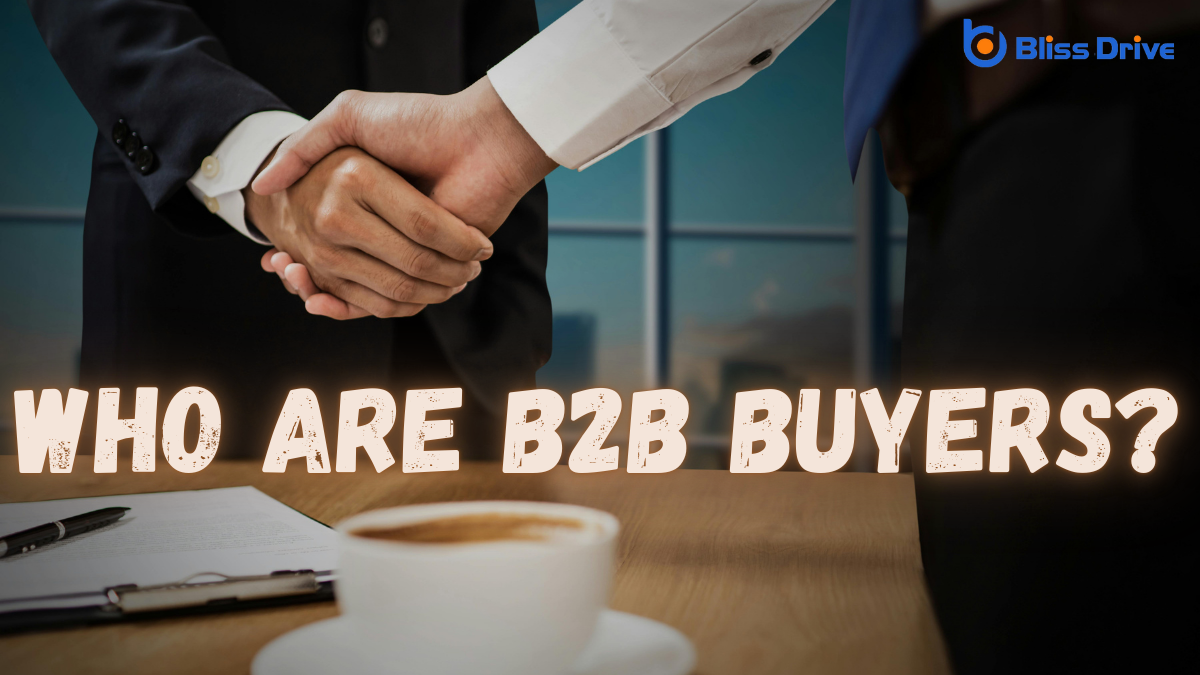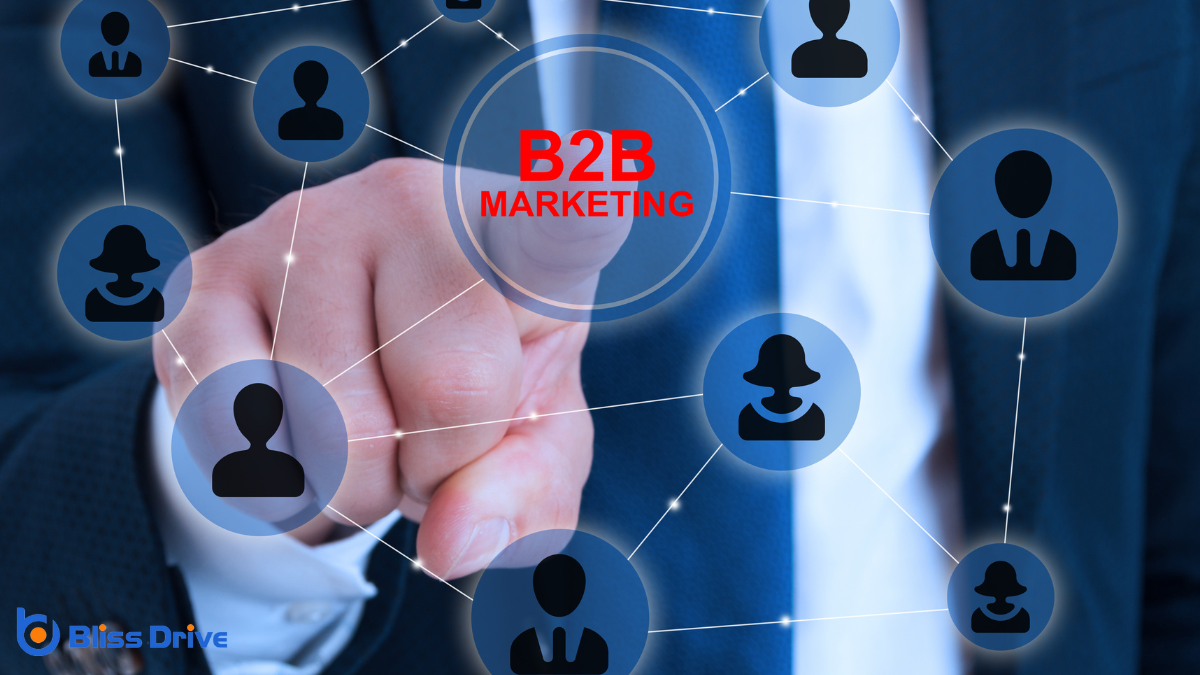Learn More About Us

Let's explore who B2B buyers really are. They aren't just purchasing agents; they're strategic partners within organizations. These buyers evaluate suppliers, manage relationships, and focus on factors like quality, customization, and long-term partnerships. Unlike consumer buyers, B2B buyers operate within complex decision frameworks and navigate high-stakes decisions. Curious about what influences their purchasing choices and how digital transformation is reshaping their roles? There's more to uncover.
When we explore the role of B2B buyers, it becomes clear that their responsibilities extend far beyond simple purchasing decisions. They act as strategic partners within their organizations, guaranteeing that each purchase aligns with broader business goals.
We must recognize that they analyze market trends, evaluate potential suppliers, and manage relationships to secure the best value and quality. This role often requires collaboration across various departments, like finance and operations, to guarantee purchases meet diverse needs.
In our experience, B2B buyers also navigate complex decision-making processes. They negotiate contracts, assess risk, and guarantee compliance with industry regulations.

Although both B2B and consumer buyers aim to fulfill purchasing needs, their processes and priorities differ markedly. In B2B transactions, decisions often involve multiple stakeholders, leading to a longer, more complex process.
Unlike consumer buyers, who typically focus on personal preferences and immediate satisfaction, B2B buyers prioritize long-term value and relationships.
Let's explore some key differences:
Understanding these distinctions helps us navigate the B2B landscape effectively.
Having explored the distinct characteristics of B2B and consumer buyers, let's examine the factors that shape B2B purchasing decisions.
First, we consider the importance of relationships. Trust and reliability with suppliers can greatly influence our choices.
Next, cost considerations play an essential role; businesses seek competitive pricing that aligns with their budget constraints.
Quality and performance of products or services are equally important, as they directly impact our business operations and reputation.
Additionally, the need for customization and flexibility in solutions can't be overlooked. We often require tailored offerings to meet specific needs.
Finally, decision-making in B2B involves multiple stakeholders, so understanding each party's priorities and concerns is critical.
As digital transformation accelerates, it's reshaping how we approach B2B buying.
We're embracing technology to streamline processes, enhance decision-making, and improve customer experiences. Digital tools and platforms enable us to gather and analyze vast amounts of data quickly, giving us deeper insights into buyer behaviors and preferences.
This transformation demands agility and adaptation to stay competitive. Here's how it's impacting us:
Understanding these changes helps us navigate the evolving B2B landscape effectively.

To effectively engage and retain B2B buyers, we must build strong relationships by understanding their unique needs and preferences. By tailoring our approach, we can offerThe specific product or service being promoted by affiliates. solutions that align with their goals.
First, let's prioritize personalized communication. By addressing them directly and sincerely, we foster a sense of trust and reliability.
Next, leveraging data analyticsThe systematic computational analysis of data or statistics to gain insights and support decision-ma... helps us anticipate their needs and offer timely solutions. Providing value through insightful content or expert consultations can position us as trusted advisors.
Additionally, offering excellent customer service and quick responses showcases our commitment to their success. Regular check-ins guarantee we're aligned with their evolving needs.
By consistently delivering on our promises and exceeding expectations, we enhance loyalty and encourage long-term partnerships.
Let's commit to these strategies for mutual growth.
In summary, we've explored the essential role B2B buyers play in the procurement process. Unlike consumer buyers, they navigate complex decision-making frameworks and prioritize factors like technical specifications and long-term partnerships. As digital transformation reshapes the landscape, it's vital for us to adapt our strategies to effectively engage and retain these strategic partners. By understanding their unique needs and challenges, we can build stronger relationships and drive mutual success in an ever-evolving market.
